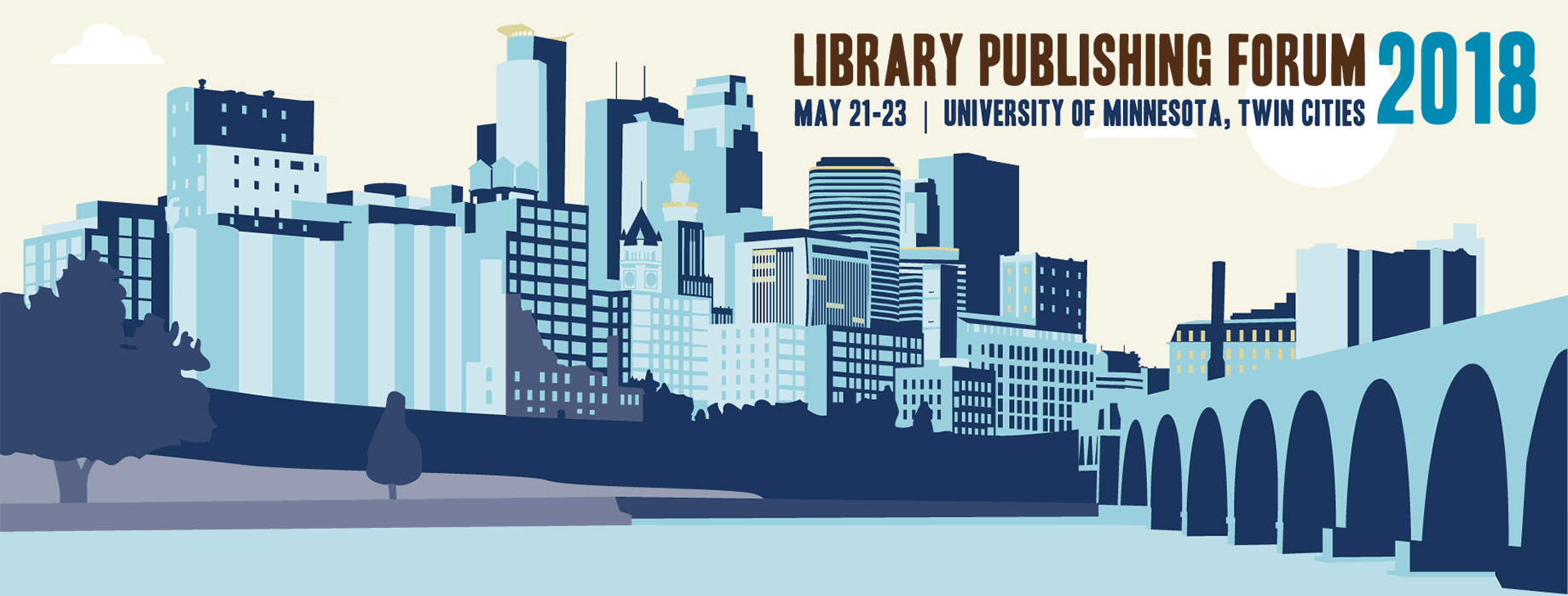Tuesday, May 23, 4:00-5:00pm
Room: Heritage Gallery
Presenters: Sarah Hare, Indiana University; Emma Molls, University of Minnesota; University of Minnesota; Ted Polley, Indiana University-Purdue University Indianapolis
Description: The Public Knowledge Project announced the release of Open Journal Systems (OJS) 3 in August 2016. In addition to a more streamlined interface OJS 3 offers important functionality, including more flexible roles, new plugins, and even the ability to operationalize XML-first publishing.
However, almost two years after the official release, several library publishers have not yet migrated to the newest version of OJS. In addition to the technical support needed to successfully plan and execute the migration, implementation often involves extensive outreach to editors on system changes and new functionality.
At the same time, library publishers that do decide to migrate often work in isolation, asking colleagues on listservs, Github, or other online forums for advice or information about their experience migrating. There are no formal community-developed outreach materials for library publishers to share communally and implement locally.
This session will present three case studies for the transition to OJS 3. One case study, from the University of Minnesota, will explore the migration from bepress to OJS 3. Two others, from Indiana University and Indiana University-Purdue University Indianapolis, will explore migrating a multi-site instance from OJS 2 to OJS 3. Each case study will be grounded in information about the library publishing program, timeline, size of the department, and level of technical support available.
In addition to presenting our process for completing the migration, we will share tangible outreach materials with participants. These include communication templates, training outlines, videos, and wikis created to support journal editors transition to OJS 3. The session will also present obstacles to success, which we hope will prompt a discussion about how to improve others’ planning process and eventually build community around this topic.
